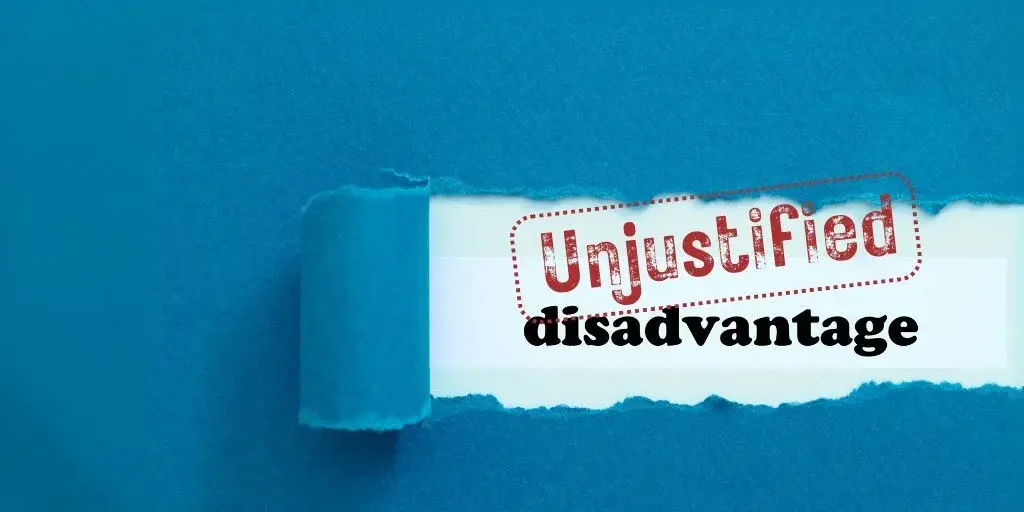
Unfair Treatment At Work
What It Is
The Employment Relations Act 2000 classifies all unfair treatment at work as unjustified disadvantage. It occurs when your employer’s actions or omissions negatively and unfairly affect your employment conditions, dignity, or wellbeing — even if you are not dismissed. This is a really broad categorical and involve being excluded, passed over for promotions, having your duties changed or hours reduced without reason or consultation, being bullied at work, being subject to victimisation at work, an unfair investigation, unfair disciplinary, unfair suspension, unfair warning unsafe work environment, being treated unfairly compared to others or being terminated without notice.
Under the Employment Relations Act 2000 (ERA 2000), the key question is whether what the employer did, and how they did it, were what a fair and reasonable employer could have done in all the circumstances (ERA 2000, s 103A).
Your Rights and the Law
- ERA 2000, s 103(1)(b) — You can raise a personal grievance if you have been unjustifiably disadvantaged by an act or omission of your employer.
- ERA 2000, s 103A — Sets the test for justification (both substance and process).
- ERA 2000, s 4 — Requires both parties to act in good faith: open, honest, and communicative dealings; disclosure of relevant information; and genuine consultation.
- The Court of Appeal in A Ltd v H [2016] NZCA 419 confirmed that justification is assessed objectively, considering all the circumstances, and that perfection is not required — only reasonableness.
Process (How a Case Generally Proceeds)
- Document & Collect Evidence – Keep copies of correspondence, rosters, notes of conversations, and performance documents showing how you were disadvantaged.
- Raise a Personal Grievance – You (or we on your behalf) must raise the grievance within 90 days of the disadvantage becoming known.
- Mediation – The Ministry of Business, Innovation & Employment (MBIE) provides free mediation to seek early resolution. The process is voluntary and both parties must agree to attend. Most cases reach resolution at Mediation.
- Employment Relations Authority Hearing – If mediation fails, a Statement of Problem is filed and the Authority investigates and issues a determination.
- Employment Court Appeal – Either party may appeal on matters of law or serious procedural fairness issues.
Potential Outcomes / Remedies
- Lost wages or benefits — Reimbursement for any loss of income resulting from the disadvantage.
- Compensation — For hurt, humiliation, and injury to feelings (ERA 2000, s 123(1)(c)(i)).
- Reinstatement or correction of disadvantage — Where feasible.
- Interest / Costs — Often awarded where losses are proven.
- Penalties - Applied for deliberate breaches of good faith.
- Partial reduction — Possible under s 124 ERA 2000 if the employee contributed to the situation.
Take Action Today
If you feel you’ve been treated unfairly or unjustifiably disadvantaged at work, you don’t have to face it alone. Get in touch with us to arrange a no-obligation consultation about your situation. We’ll assess your case, discuss no win no fee representation, liaise with your employer and the employment authorities on your behalf and help you pursue the justice and compensation you deserve.
